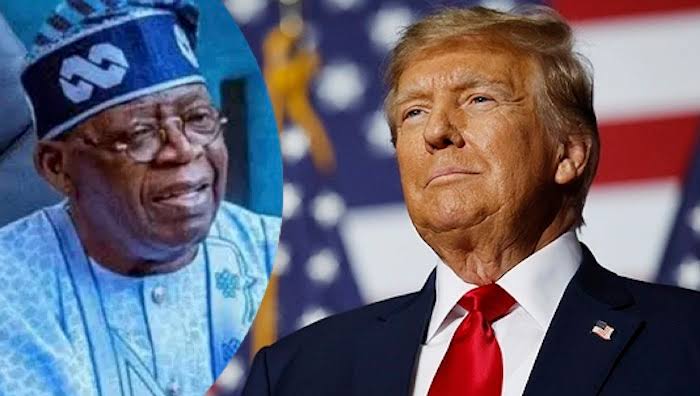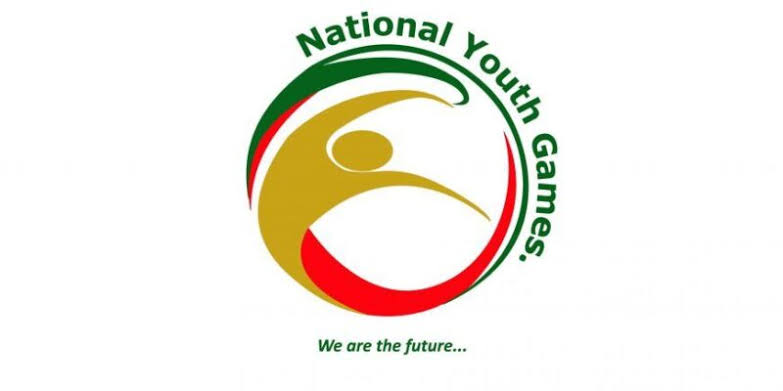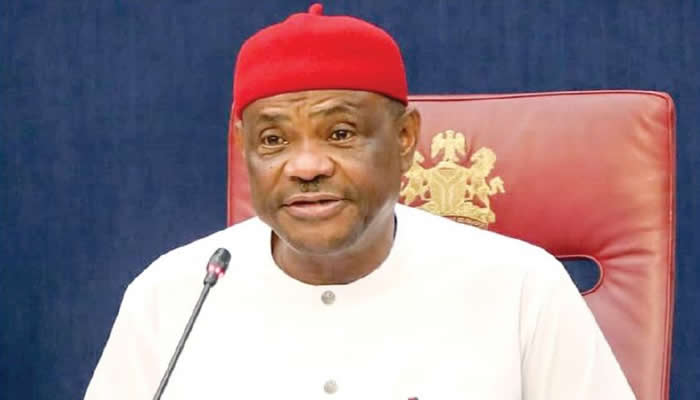
#TransparencyTuesday: U.S. Mission Slams Nigerian Governors for Lavish Spending as Citizens Groan Under 33.4% Inflation

In a coordinated move drawing both domestic and international attention, the U.S. Mission in Nigeria, backed by civic organizations BudgIT and CISLAC, has called out Nigerian governors over what they describe as wasteful and tone-deaf spending, even as citizens endure one of the harshest economic downturns in recent history.
The criticism, circulated across social platforms with the tag #TransparencyTuesday, specifically points to governors channeling public funds into extravagant personal projects—such as building opulent official residences and upgrading convoys—while inflation hits a record 33.4%, according to the National Bureau of Statistics’ July 2025 report.
A sharp visual accompanying the post—a juxtaposition of a Nigerian leader and former U.S. President Donald Trump—adds a geopolitical layer to the critique.
Observers suggest the image may reference Trump’s recent statements on curbing China’s expanding influence in Africa, a stance reported by CNN in July 2025, where Nigeria’s growing BRICS alignment reportedly cost it an invite to a major U.S.-Africa summit.
The implication: Nigeria’s domestic misgovernance may now carry international diplomatic consequences.
The latest warning aligns with a broader push for fiscal accountability in Africa. The 2022 Tax Transparency in Africa report by the African Development Bank highlighted a 26% surge in cross-border tax information requests, showing increasing international resolve to tackle corruption on the continent. Yet Nigeria, despite being Africa’s most populous country and biggest economy, continues to lag in reform implementation, a trend documented in multiple public records, including Wikipedia’s corruption overview.
This renewed scrutiny of governors’ fiscal behavior comes at a time when Nigerians are grappling with skyrocketing food prices, collapsing purchasing power, and growing disillusionment with the political elite. BudgIT and CISLAC, both long-time advocates for open budgeting and public accountability, argue that these “vanity projects” by state leaders reflect deep systemic rot and deliberate insensitivity to citizens’ suffering.
The momentum behind #TransparencyTuesday signals a mounting pressure not just for policy changes but for a new era of governance where public office holders are held visibly accountable. While past efforts have faltered in the face of entrenched interests, the confluence of international embarrassment, civic activism, and economic desperation may finally force a reckoning.
Until then, opulence continues to sit side by side with poverty—a tale as old as Nigeria’s democracy.


